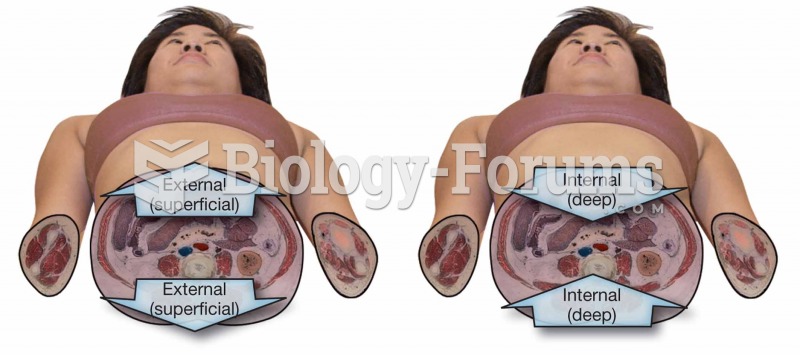This topic contains a solution. Click here to go to the answer
|
|
|
Did you know?
In 1835 it was discovered that a disease of silkworms known as muscardine could be transferred from one silkworm to another, and was caused by a fungus.
Did you know?
Acetaminophen (Tylenol) in overdose can seriously damage the liver. It should never be taken by people who use alcohol heavily; it can result in severe liver damage and even a condition requiring a liver transplant.
Did you know?
If all the neurons in the human body were lined up, they would stretch more than 600 miles.
Did you know?
Green tea is able to stop the scent of garlic or onion from causing bad breath.
Did you know?
Human kidneys will clean about 1 million gallons of blood in an average lifetime.







